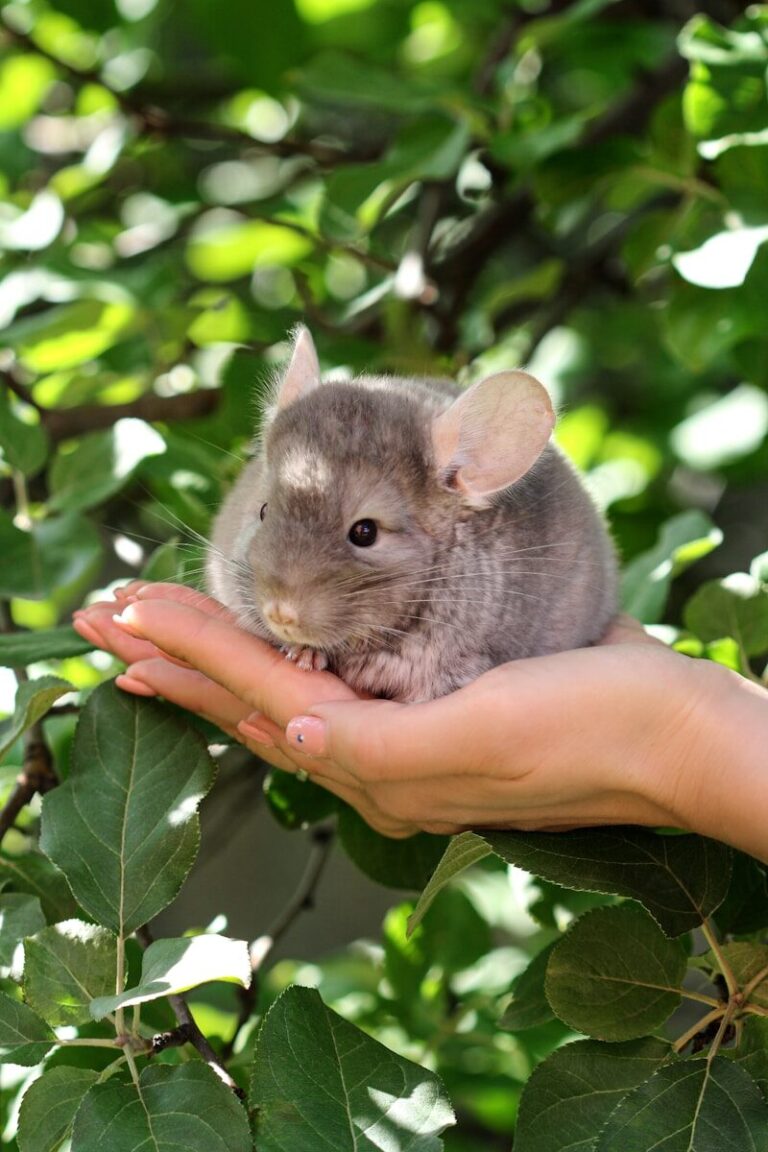
Developing curiosity in children is an important part of their growth and development. It encourages them to explore the world around them, think critically about things, and come up with creative solutions to problems. But it can be hard for parents to know how best to cultivate curiosity in their kids from an early age. Fortunately, there are a few simple strategies that parents can use to help spark interest in learning and exploration among their children. By implementing these strategies consistently as part of everyday life at home you can give your kids the tools they need to develop a lifelong sense of curiosity.
Make Use of the Free Time
Encourage your children to spend their free time doing activities that spark curiosity, like reading books, exploring nature, taking on hands-on projects, or playing educational games. Generally speaking, you will want to frequently encourage your child to spend their free time doing things that they enjoy, but also ensure that they are engaging in activities that will stimulate their minds. Whether you decide to go to a park and allow them to explore their curiosity with simple maps for kids that can promote exploration, or set aside some time to build a robot together on a weekend afternoon, it is important that you use those free moments to foster an environment of curiosity. Most importantly, it’s crucial that you let them struggle and take the lead and guide their own learning.
Talk About New Ideas
Talking with your kids about the latest news and fresh ideas is a great way to help them develop an interest in learning more about the world around them. Ask your kids to consider different perspectives and the potential implications of each. This can be done through conversations, podcasts, videos, or anything else that will help them learn new things they might not ordinarily have encountered in their everyday lives. Additionally, you should also ask them questions about the topics discussed and encourage them to think critically about what is being said. If ideas are presented that don’t align with your own beliefs or views, acknowledge them and encourage dialogue so that your child can form their own opinions.
Ask Questions and Encourage them to Do the Same
Asking questions can be one of the most powerful tools for sparking curiosity in children. Instead of giving answers right away, try asking “why” and “how” questions that get your child thinking critically and finding new solutions to problems they encounter during playtime or schoolwork. Children that are not afraid or ashamed to ask what is on their minds will always be the most curious and eager to learn. You should also encourage them to ask questions of their own, allowing them to explore new topics and ideas as they come up in everyday life.
Model Curiosity Yourself
Setting an example by showing curiosity yourself will show your children how important it is to explore the world around us and encourages them to do so too! Curiosity is a lifelong pursuit, and modeling it yourself is one of the best ways to teach your children the importance of learning new things. Take an interest in something, like a new hobby or school subject, and talk openly about it with your kids, explaining why you are curious about it and how it can help them explore the world around them.
Take Field Trips Together
Taking field trips together as a family can provide real-world experiences that are beneficial for helping kids understand abstract concepts better while also inspiring excitement and wonder at what exists beyond our front doors! If your child is interested in a particular topic or subject, plan a trip around it that allows them to explore and ask questions. This can be anything from visiting the library to take out books on a certain topic, to going on an outdoor adventure and discovering new things about nature or different cultures.
Visit Museums and Libraries Regularly
Visiting museums or libraries regularly can be a great way to foster curiosity in your children. Museums are often filled with interesting artifacts and interactive exhibits that can help kids learn about different cultures and topics in a fun, engaging way. Libraries also have an array of books on any topic imaginable, plus educational movies, games, and activities to enjoy together as a family. And best of all, it’s free!
By creating a culture of curiosity in your home and taking the time to explore new topics together, you can help your children form an interest in learning that will stay with them for years to come. Start small by asking questions or sharing news stories, then work up to trips and library visits to help your children gain a better understanding of the world around them. Encouraging curiosity from an early age can be one of the best investments you make in your child’s future.











